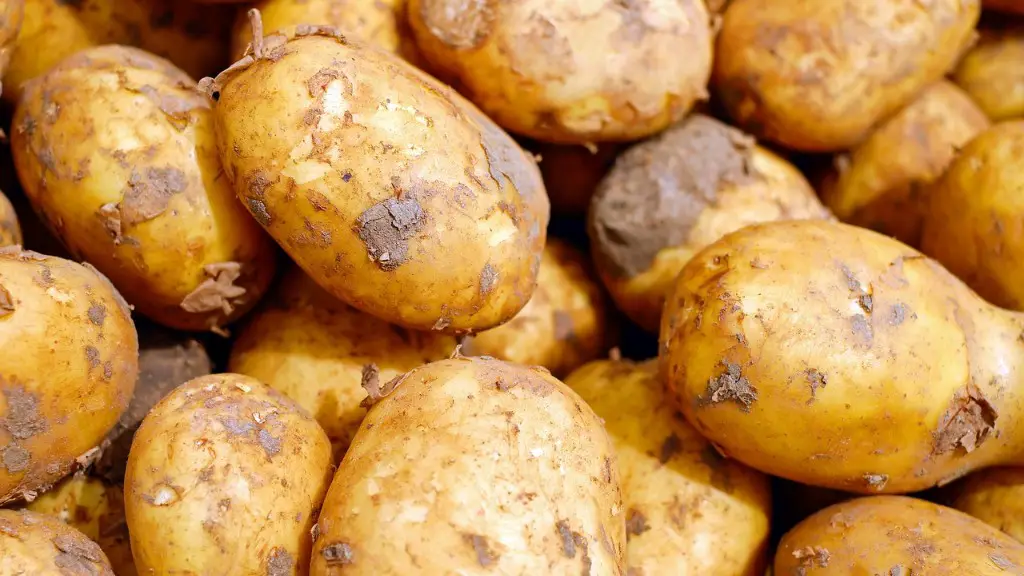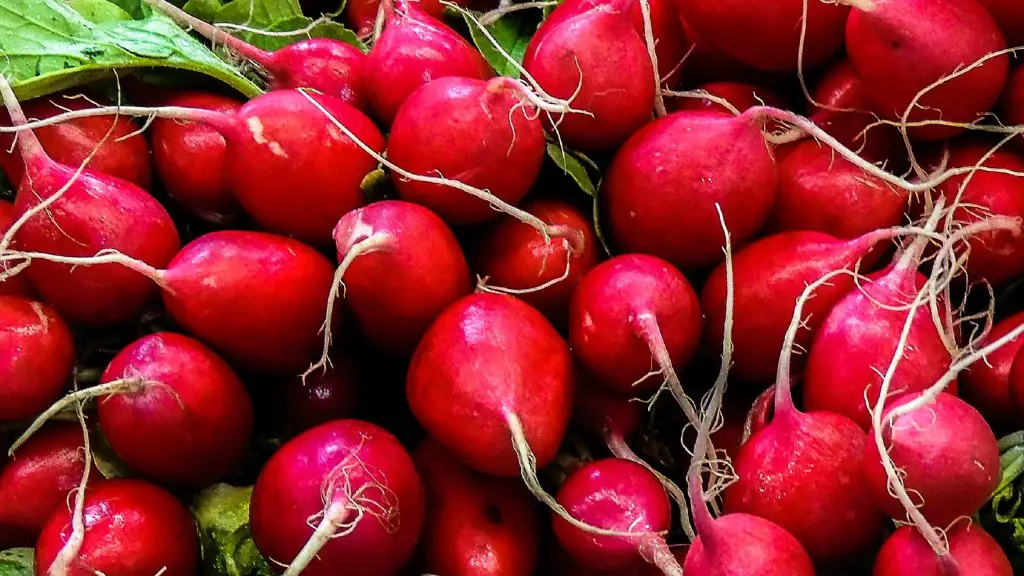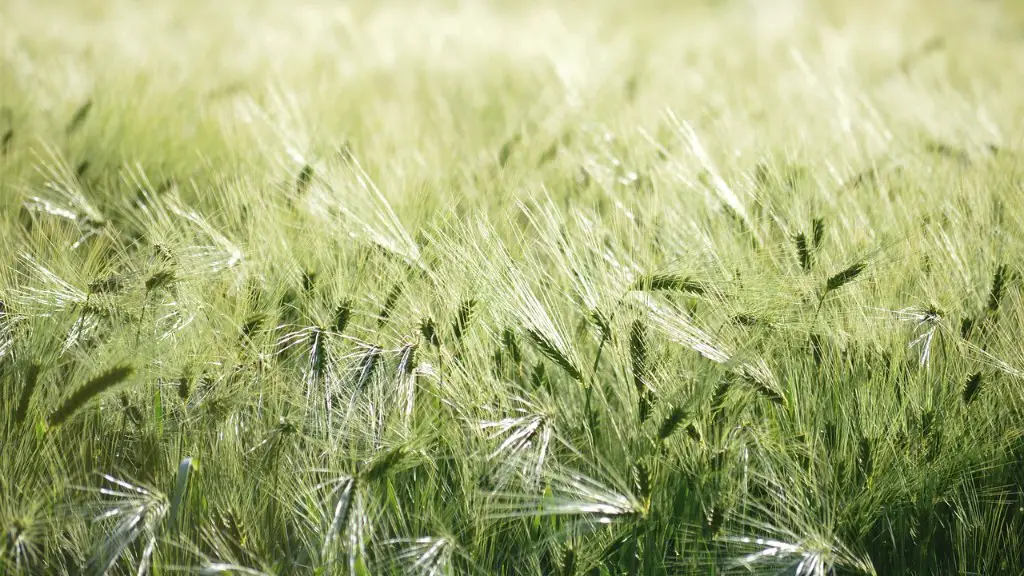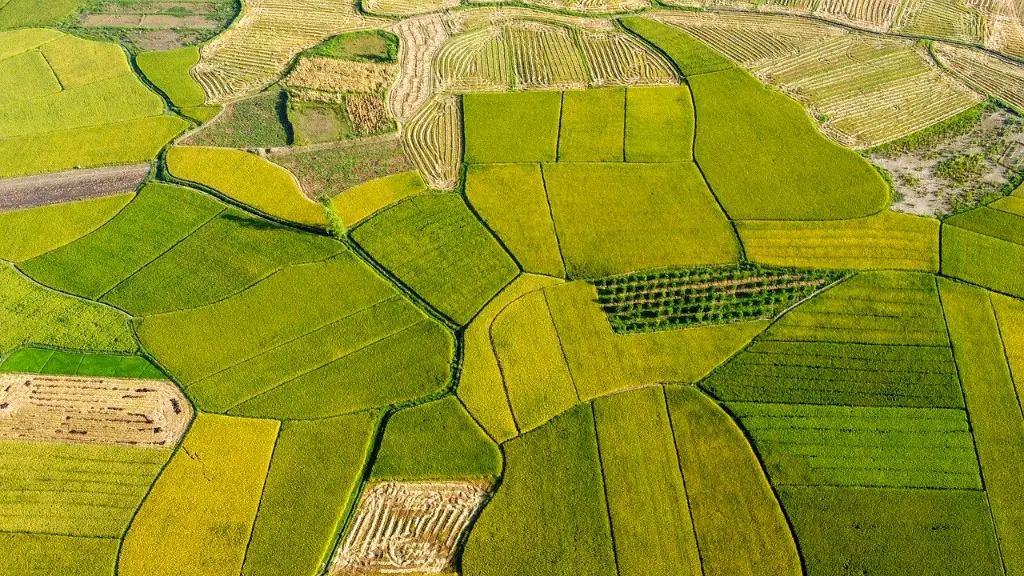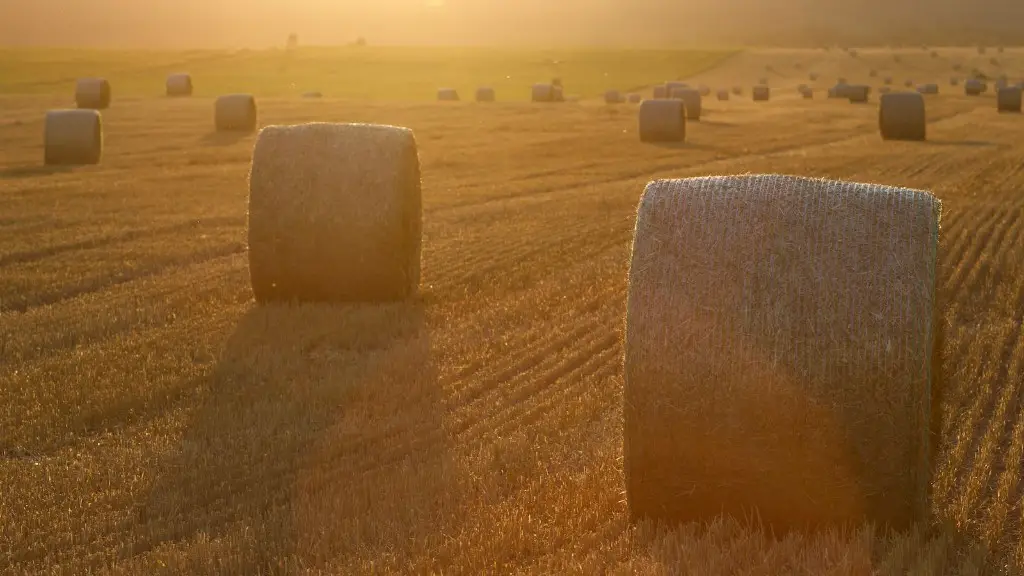As the world’s population continues to grow, the demand for food also increases. Agriculture is the primary sector that produces our food, making it a vital part of our society. However, agriculture also has several impacts on society, both positive and negative.
On the positive side, agriculture provides us with the food we need to survive and helps to boost the economy. Farming is also a way of life for many people, providing them with a sense of purpose and community.
However, there are also some negative impacts of agriculture. For example, farming can lead to soil erosion and deforestation, which can harm the environment. Agriculture also uses a lot of water, which can strain resources in areas where water is already scarce. Additionally, the use of pesticides and other chemicals in agriculture can also pollute the environment.
Overall, agriculture is a vital part of our society, but it is important to be aware of the potential impacts it can have on our world.
The impacts of agriculture to society are both positive and negative.
On the positive side, agriculture provides food and fiber for both local consumption and export, which strengthens the economy. It also provides employment for a large number of people, both in farm and non-farm jobs.
On the negative side, agriculture can have an impact on the environment, both in terms of water and air pollution, and soil erosion. It can also lead to over-exploitation of natural resources, such as water and land.
What are the impacts of agriculture?
Agriculture is the leading source of pollution in many countries. Pesticides, fertilizers and other toxic farm chemicals can poison fresh water, marine ecosystems, air and soil. They also can remain in the environment for generations.
In order to protect the environment from the harmful effects of agricultural pollution, it is important to take measures to reduce the use of pesticides and other toxic chemicals on farms. These measures include using more environmentally friendly farming practices, such as organic farming, and developing new technologies to reduce the need for pesticides and other harmful chemicals.
The societal effects of agricultural practices are far-reaching and complex. They include changing diets, the role of women in agricultural production, and the economic purpose of agriculture.
Changing diets is one of the most significant societal effects of agricultural practices. The way we grow and produce food has a direct impact on the types of food we eat. For example, the increased production of corn and soybeans in the United States has led to a decrease in the diversity of our diets.
The role of women in agricultural production is another important societal effect of agricultural practices. In many cultures, women are the primary caregivers and often the ones responsible for growing food. In these cultures, women play a vital role in ensuring that their families have enough to eat.
The economic purpose of agriculture also has societal effects. The way we grow and sell food affects the economy of entire countries. For example, the United States exports a lot of agricultural products, which supports our economy.
What are the positive impacts of agriculture to the society
Urban farming is a great way to reduce your carbon footprint, as it requires minimal transportation and energy use for food production. Additionally, urban farming can help to lower greenhouse gas emissions by providing fresh, locally grown produce to your community.
Agriculture provides most of the world’s food and fabrics. Cotton, wool, and leather are all agricultural products. Agriculture also provides wood for construction and paper products. These products, as well as the agricultural methods used, may vary from one part of the world to another.
What are three impacts of agriculture?
Agriculture can have a big impact on the environment, both positive and negative. It can cause soil erosion and water pollution, contribute to climate change, and cause deforestation.
Without agriculture, humans would not be able to survive. We need agriculture to provide us with food, shelter, and clothing. Raw materials such as crops for food, silk for cloth, and wood for shelter all come from agriculture. Agriculture is essential for human survival.
Why is agriculture important to the economy?
Agriculture plays a vital role in the economic growth and development of a country. It is the provider of food for the people and also the raw materials for industries. Agriculture is the backbone of the economy and it should be given due importance.
Agriculture is very important as it is the primary source of food for all of humanity. It is also responsible for the production of many other important products that we use in our everyday lives. Agriculture is a vital part of the global economy and without it, the world would be a very different place.
How does agriculture gain importance in society answer
Agriculture is a vital source of livelihood for many people around the world. The rising agricultural surplus caused by increasing agricultural production and productivity tends to improve social welfare, particularly in rural areas. Agriculture is the world’s leading source of food items such as vegetables, proteins, and oils.
Agriculture can help reduce poverty, raise incomes and improve food security for 80% of the world’s poor, who live in rural areas and work mainly in farming. The World Bank Group is a leading financier of agriculture, with a strong focus on supporting smallholders and promoting inclusive agrarian reform. We also invest in rural infrastructure, including irrigation and rural roads, and help rural enterprises access markets.
How does agricultural impact the environment?
Agriculture is one of the leading causes of environmental degradation. The way we farm and the products we use are having a negative impact on the environment. Agriculture contributes to climate change, deforestation, biodiversity loss, dead zones, genetic engineering, irrigation problems, pollutants, soil degradation, and waste. We need to find ways to reduce the impact agriculture has on the environment.
The poorest people in society typically benefit the most from agricultural growth. This is because agricultural growth increases the demand for labor, which in turn can lead to higher wages and more income for these individuals. Additionally, agricultural growth may also lead to the creation of new jobs, which can provide even more economic opportunity for the poorest members of society.
What are pros and cons of agriculture
Farming has been a staple of human society for millennia and it has played a vital role in our development as a species. The pros of farming are many, including the fact that it provides us with a steady food supply and is generally less dangerous than hunting. However, there are also some potential drawbacks to farming, such as conflicts over access to the food supply and damage to crops from bad weather. Overall, though, farming has been a huge positive force in human history and has helped us to develop into the complex civilization we are today.
Agriculture is a vital part of the United States economy, contributing a significant amount to the country’s gross domestic product (GDP). In 2021, agriculture, food, and related industries contributed roughly $1264 trillion to US GDP, representing a 54-percent share. The output of America’s farms alone accounted for $1647 billion of this sum—about 07 percent of US GDP. While the agriculture sector has experienced some ups and downs in recent years, it remains a vital part of the US economy and an important contributor to the country’s overall wealth.
What are the main factors that affect agriculture?
The main physical factors that affect agriculture are topography, soil, and climate. Topography can be a major factor in determining whether or not agriculture can be mechanized, as well as causing problems with soil erosion and poor transport infrastructure. Climate can also have a big impact on agriculture, both in terms of the suitability of the climate for certain crops and the effect of extreme weather events on crops and livestock.
There are more efficient and environmentally friendly ways to farm that don’t have such negative consequences. One example is agroforestry, which is a land management system that combines trees and shrubs with crops or pastureland. This type of farming can improve soil health, increase crop yields, and provide complementary benefits like habitation for wildlife and fuel for cooking and heating.
Conclusion
The effects of agriculture on society are numerous. Agriculture provides food for the population, fuels industry, and supports trade and transportation. Agriculture also helps to shape the landscape and provides employment opportunities.
The impacts of agriculture to the society are vast and varied. Agriculture plays a vital role in providing food security for a growing population, while also supporting economic development and environmental conservation. Agricultural production accounts for a significant portion of global greenhouse gas emissions, making it an important contributor to climate change. As the world population continues to grow and demand for food increases, it is essential that agriculture is managed in a sustainable way to mitigate its impact on the environment and society.
